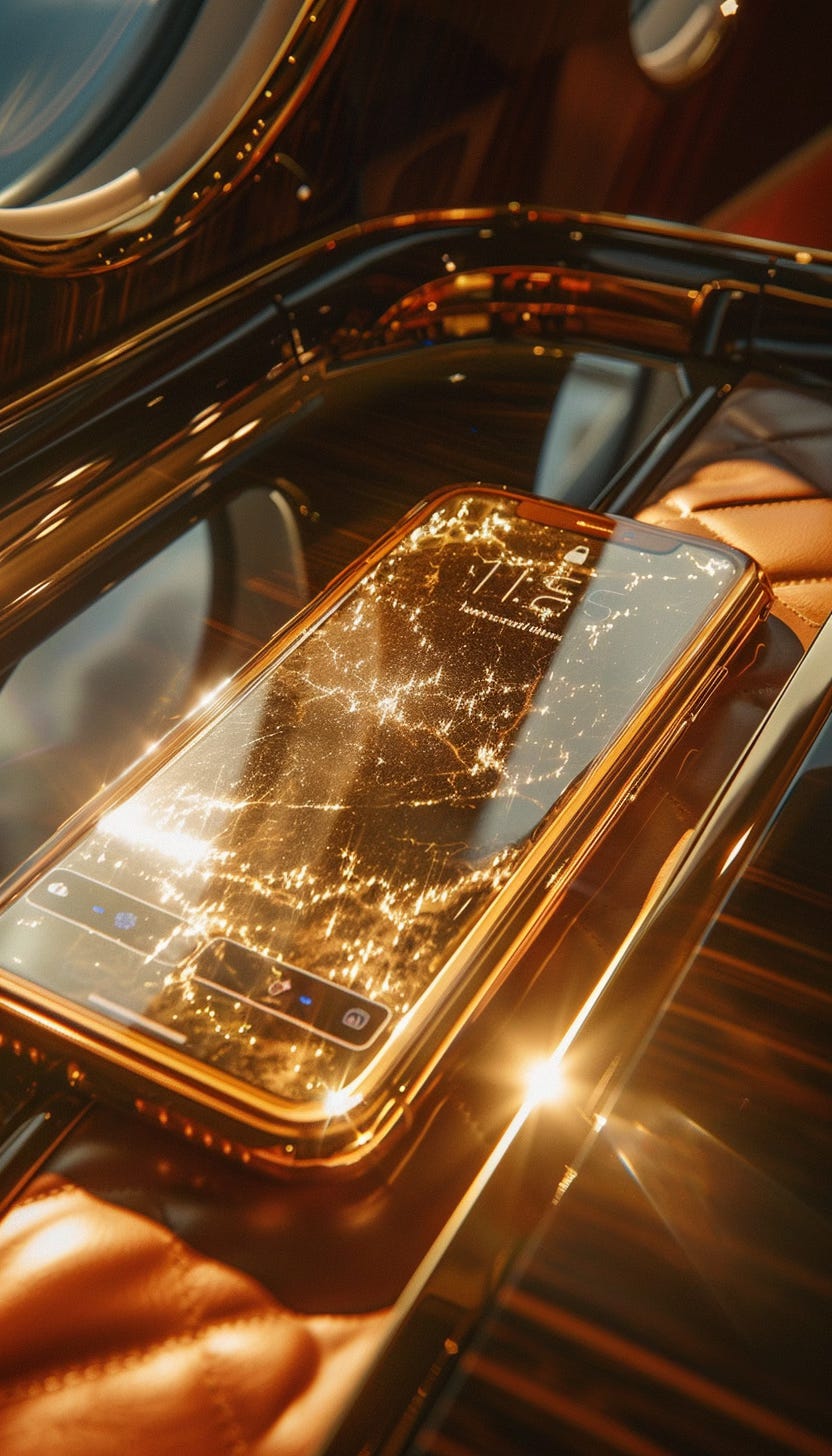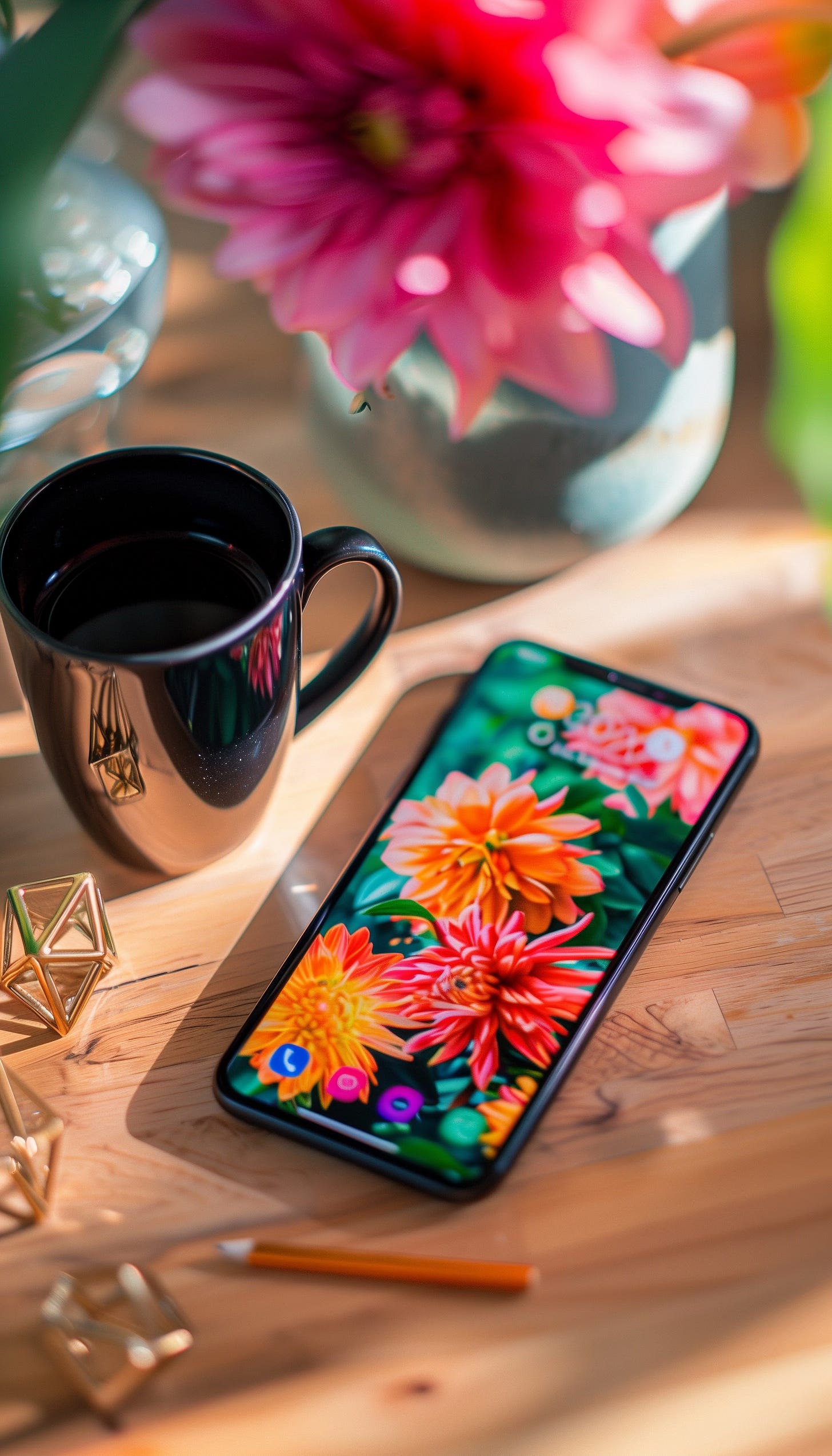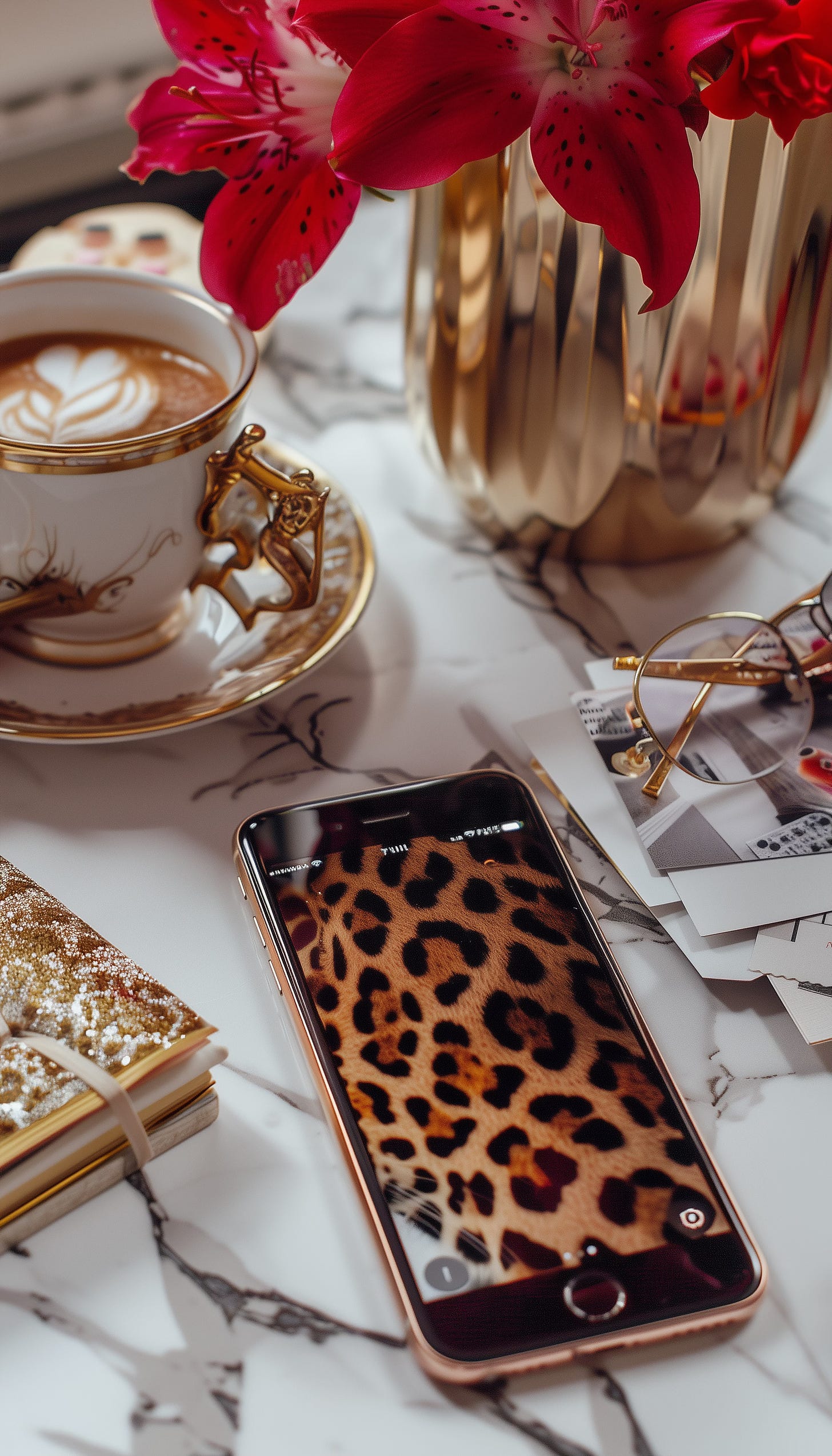Happy National Un-Friend Day! Celebrated on November 17th, this quirky holiday was introduced by late-night TV host Jimmy Kimmel in 2010. Kimmel encouraged people to declutter their social media accounts by unfriending acquaintances who were more of a digital nuisance than a meaningful connection. Over the years, it has become a playful reminder to reassess our online relationships and create healthier, more intentional social media spaces.
Unfriending someone can feel liberating, but it can also come with unexpected consequences. I’ve learned this the hard way—acting in haste, especially when my emotions were running high, led me to unfriending people I later wished I hadn’t. For instance, during times of romantic frustration or miscommunication, I’ve unfriended people out of hurt or disappointment. Looking back, some of those relationships were still meaningful, even if they didn’t meet my expectations at the time. Unfriending while intoxicated? Definitely not recommended—it’s the social media equivalent of sending a regrettable text at 2 a.m.
This blog explores the benefits of unfriending, how to determine if someone should be unfriended, muted, or blocked, and how to handle this process thoughtfully.
The Benefits of Un-Friending
Decluttering Your Social Media Space
Removing acquaintances or inactive connections can make your online space more relevant and enjoyable. You’re more likely to see posts that resonate with you and reflect your values, goals, and interests.Protecting Your Mental Health
Constantly seeing posts from people who provoke negative feelings—like anger, jealousy, or inadequacy—can take a toll. Unfriending can be an act of self-care, helping to maintain your mental and emotional well-being.Setting Healthy Boundaries
If someone frequently overshares, is overly critical, or violates your personal boundaries, unfriending can be a clear way to reinforce what you will and won’t tolerate in your digital life.Focusing on Quality Over Quantity
A large friend list doesn’t necessarily mean meaningful connections. Unfriending allows you to curate a circle of friends who genuinely support and uplift you.Encouraging Offline Relationships
Paring down your digital connections can inspire more intentional communication in real life, focusing on those who truly matter to you.
A Guide to Unfriending, Blocking, or Muting
When navigating your social connections, it’s important to consider the context and impact of your actions. Here’s a quick guide:
Unfriending
When to Unfriend: If the person is a distant acquaintance whose posts no longer interest or align with your values, or if the relationship has naturally faded.
Outcome: Removes them from your friend list, but they can still see public posts and send friend requests.
Blocking
When to Block: If someone is abusive, harasses you, or invades your privacy. Blocking ensures they cannot view your profile or contact you.
Outcome: A stronger boundary; they will not be able to interact with you at all.
Muting or Snoozing
When to Mute: If you don’t want to see someone’s posts but don’t want to sever ties completely—perfect for family members or close friends during temporary conflicts.
Outcome: They remain on your friend list, but their content won’t appear in your feed.
Tips for Thoughtful Un-Friending
Sleep on It: Before taking action, give yourself time to cool off, especially if emotions are high. A rash decision may be regretted later.
Consider the Long-Term Relationship: Ask yourself if this person could still hold value in your life, even if your expectations aren’t met now. Relationships can evolve over time.
Communicate First: If the conflict is with someone close to you, try addressing the issue before unfriending them. A heartfelt conversation can sometimes resolve misunderstandings.
Avoid Emotional Intoxication: Whether fueled by alcohol or overwhelming feelings, make social media decisions with a clear head.
Check Privacy Settings: If privacy is a concern, adjust settings to limit what certain people can see rather than unfriending immediately.
Final Thoughts
Unfriending isn’t inherently bad—it’s a tool to manage your online space and mental health. However, it’s essential to approach it thoughtfully and without impulsive emotions. As I’ve learned, some connections are worth preserving, even if they don’t unfold as we’d initially hoped. On National Un-Friend Day, take a moment to evaluate your social connections with care and intention, ensuring your digital life supports the person you want to be.








